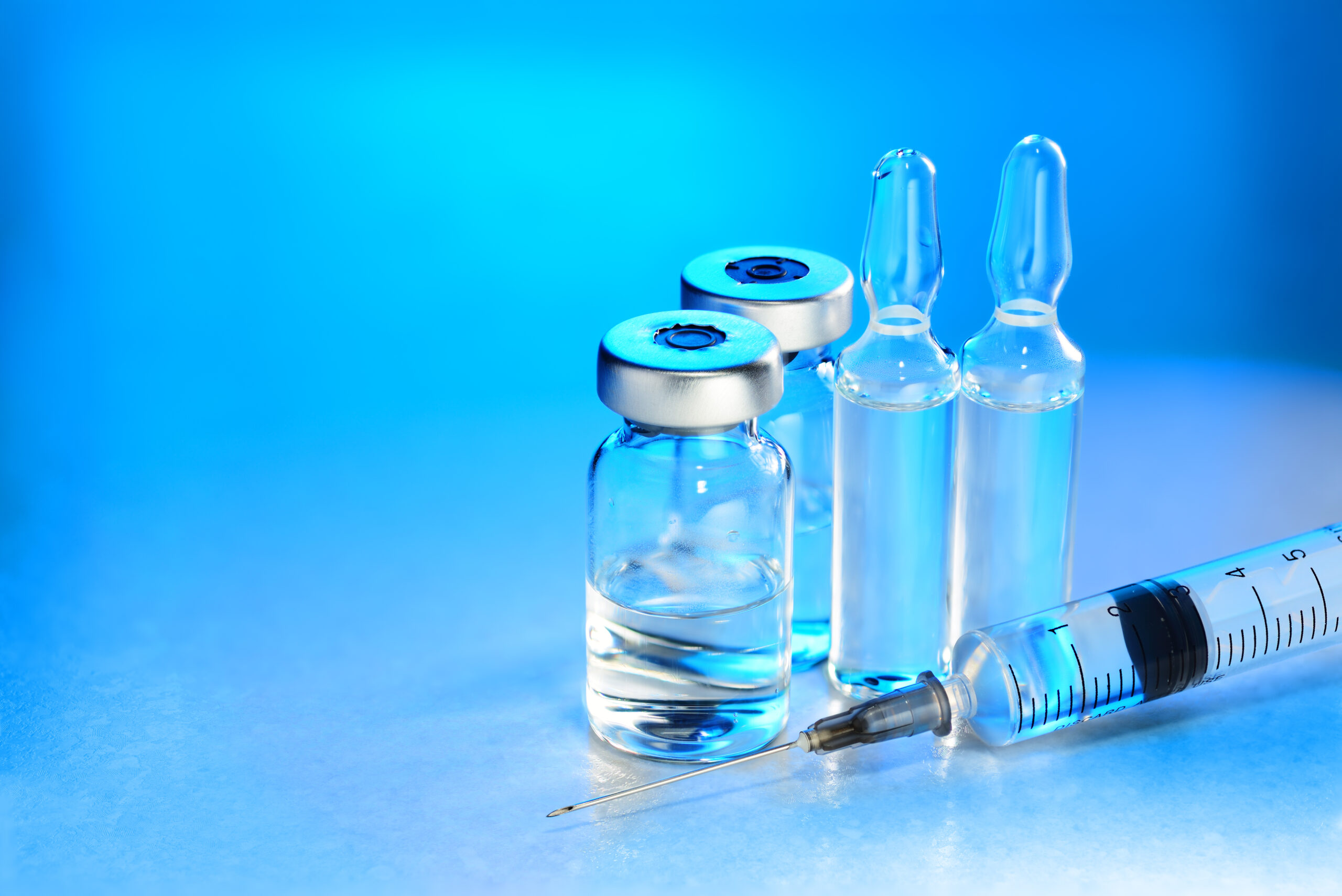In a letter to Senator Mike Lee (R-UT) dated September 27th, ASBM urged the Senator to reconsider his support for S.6 “The Biosimilar Red Tape Elimination Act”, which would prevent the HHS Secretary from requiring switching studies in order for a biosimilar to be deemed “interchangeable”. Under U.S. state law, only interchangeable biosimilars are substitutable at the pharmacy without physician involvement- referred to “automatic substitution”, due to their having provided additional safety and efficacy data to the FDA demonstrating the same effects can be expected even after repeated switches between biosimilar and reference product.
In the letter, ASBM Executive Director Michael Reilly stresses the importance of this data to physicians:
Physicians and patients worldwide value data, including switching studies. Surveys of Canadian physicians found that 82% wanted switching studies before automatic substitution was permitted. The figure was nearly identical, 81%, when I shared Australian physician survey findings with officials in their Department of Health, who expressed admiration for the FDA’s interchangeability standard in providing such assurances.
However, S.6 would prevent the HHS Secretary from requiring a switching study as part of the data package to receive the interchangeable designation. This would inappropriately limit the FDA’s authority to determine what data is scientifically appropriate for a particular biosimilar to provide in order to receive the designation. The FDA has thus far exercised its flexibility in making these determinations and should be allowed to continue to do so.
The interchangeable designation has not only boosted physician and patient confidence, it has done so without becoming a barrier to biosimilar uptake and savings.
European biosimilar uptake varies by country and product but hovers within the 20-80% range. Similarly, in the U.S. filgrastim, trastuzumab, and bevacizumab biosimilars have an uptake rate of 80%. Rituximab biosimilars stand at 60% and infliximab, pegfilgrastim, and erythropoietin-stimulating agent (ESA) biosimilars have 40% market share. U.S. biosimilars have generated $21 Billion in savings in the past six years alone.
In conclusion, weakening the interchangeability standard is an unnecessary and potentially harmful step. By limiting the type of data the FDA can consider when determining suitability for automatic substitution it risks undermining the data-driven confidence physicians and patients have developed in interchangeables.
Read the full letter here.
